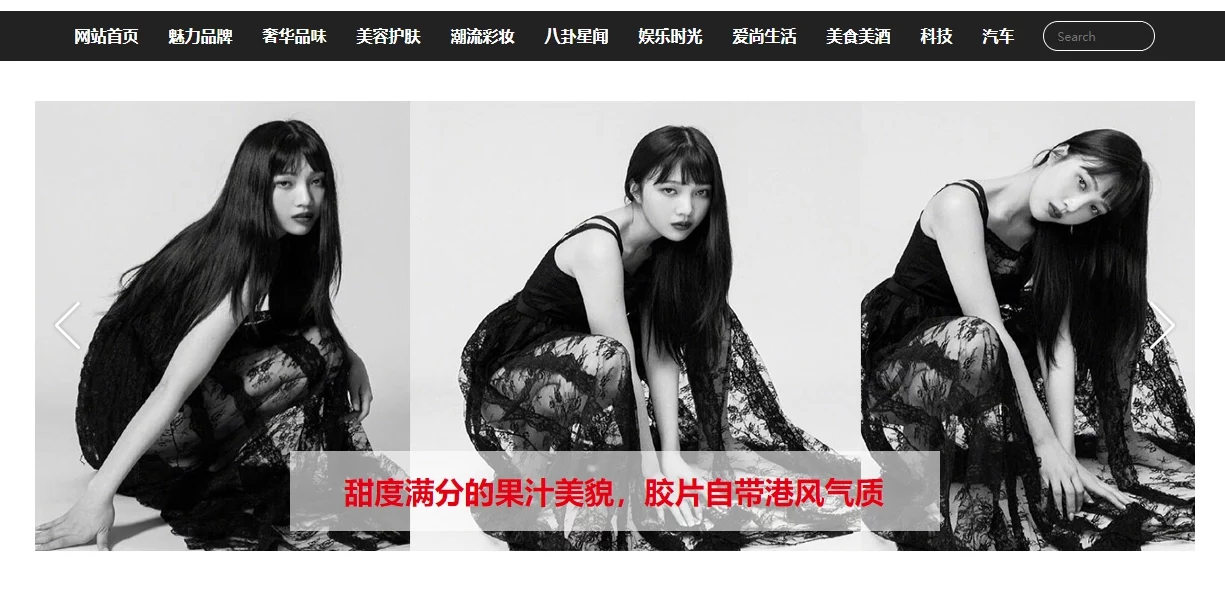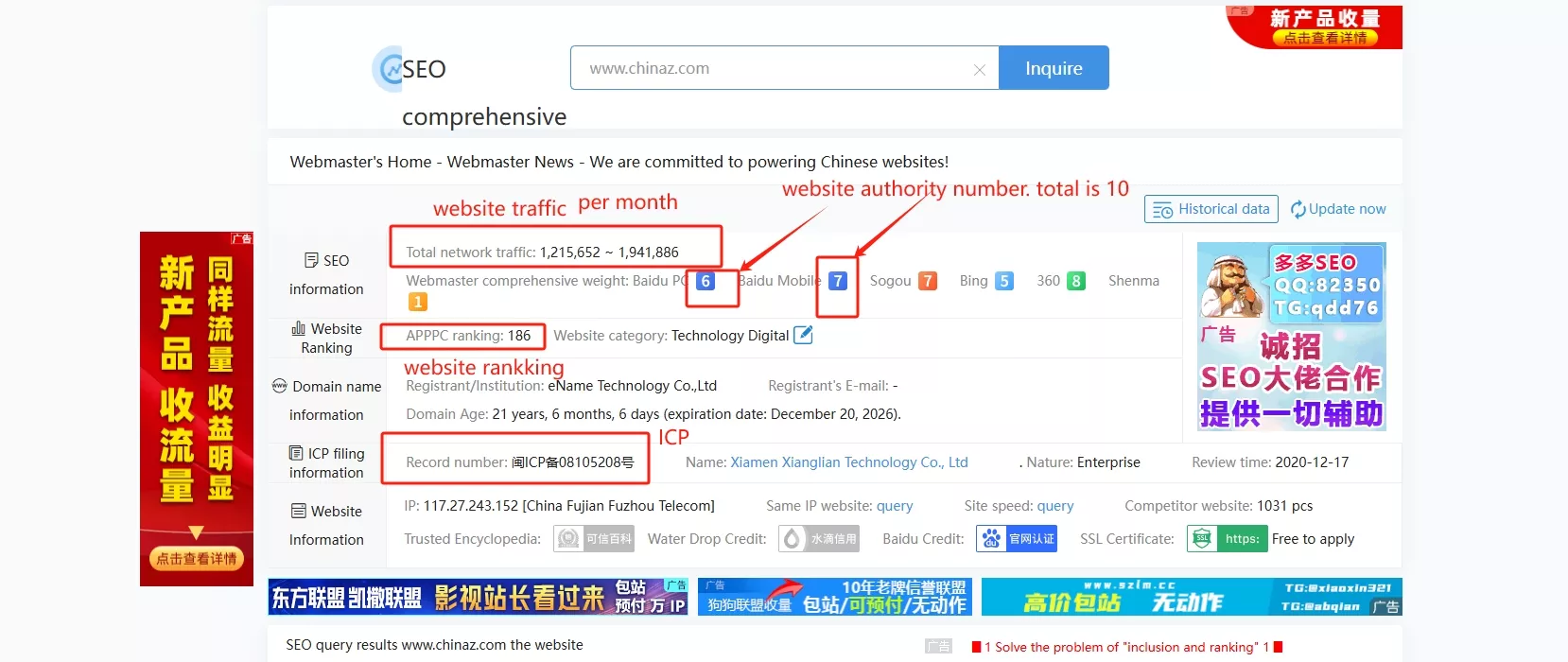Chinese bloggers are influential in digital content. They’re not just key opinion leaders, but they also shape social media popularity on WeChat and Instagram. The bloggers’ content covers Chinese language learning, culture, food, travel, and weather. They’re finding new ways to monetize their content amid changing regulations and censorship. This post Zzbaimaozi will discuss these top Chinese bloggers, their audience influence, and their unique challenges.
Top 10 Chinese Bloggers Profiled
Following China’s top 10 bloggers provides a fascinating look at its diverse digital landscape. Travel, culture, education, and business are among these influential Chinese bloggers’ specialties. Key opinion leaders challenge norms and shape trends. They reach local and global followers on WeChat, Instagram, and Youtube with engaging content. These bloggers thrive despite regulatory issues and censorship, demonstrating their adaptability and resilience. Their influence goes beyond blogging, shaping China’s w landscape and inspiring future content creators.

China’s digital landscape has many bloggers.
These influencers have niches and reach millions of followers with engaging, trend-setting content. These top 10 Chinese bloggers are making a big impact in their fields:
- An influential fashion blogger, Gogoboi is known for his sharp fashion insights. He is popular for celebrity style analysis.
- Zhang Dayi: One of the most influential bloggers, Zhang Dayi has a huge following. Her fashion and lifestyle content is popular.
- Will Liu (Liu Genghong): A lifestyle blogger, Will Liu shares tips on food, travel, and more.
- The “Lipstick King” Li Jiaqi has made a name for himself in the beauty industry. His product reviews and live streams are popular.
- Mr Bags (Tao Liang): Fashion enthusiasts turn to Mr Bags for detailed reviews and fashion tips on luxury handbags.
- Opinion leader Becky Li influences trends and consumer behaviour with her lifestyle and fashion content.
- Chrison: Many Chinese netizens love Chrison’s engaging content on various topics.
- One of the top bloggers, Austin Li Jiaqi’s product reviews and makeup tutorials are popula
- Doudou Babe: Her lifestyle content captivates her audience.
- An influential blogger, Ximen’s content sparks social media discussions and trends.
Their content shapes public discourse as these bloggers navigate Chinese digital marketing’s complexities. They lead the blogging world despite regulations and censorship, showing their adaptability and resilience.
Platforms Chinese Bloggers Use
Influential Chinese bloggers prefer certain platforms in blogging. Explore these platforms:
- WeChat Blog and Official Accounts: China’s vastly popular multi-purpose app WeChat. It’s used for messaging, social media, payments, bookings, and more. WeChat Official Accounts lets bloggers and businesses interact more personally with their audience. A WeChat blog is an official account with blog-like content. These platforms have given bloggers new ways to share content, interact with followers, and monetize their influence.
- Instagram Use in China: Tech-savvy youth and international communities use VPNs to access Instagram in China, which is blocked. Fashion and lifestyle bloggers love this platform for its visual interface and compelling images and stories.
- China YouTube Channels and Podcasts: Like Instagram, YouTube is inaccessible in China without a VPN. Many Chinese influencers use YouTube to reach global audiences. Ximalaya FM and other Chinese platforms offer podcasts, which allow bloggers to share long-form content in a more personal and engaging way.
These platforms allow Chinese bloggers to diversify their content and reach more people by offering different benefits and audience preferences. As digital trends change, these platforms will remain crucial to China’s blogging landscape.
Impressive Chinese Blogger Influence
Digital Marketing Thought Leaders
Chinese bloggers have become more than content creators. In the field of digital marketing, they are now key opinion leaders (KOLs) with significant influence. KOLs have a large following and can influence consumer trends.
They play many roles in digital marketing. They introduce new products and services to their followers and provide authentic reviews and insights that traditional ads may lack. Chinese bloggers influence buying decisions in an age when consumers trust peer reviews over brand messaging.
Top Chinese bloggers like Gogoboi, Zhang Dayi, and Li Jiaqi have partnered with brands, showing how KOLs and businesses work together. Any China digital marketing agency can benefit from their endorsements, which boost product visibility and sales.
Social Media Impact and Popularity
Chinese bloggers use social media to increase their reach and influence. WeChat, Weibo, and Instagram via VPNs are full of blogger-generated content. This social media popularity has allowed bloggers to connect with their followers.
This has huge consequences. Bloggers can influence public discourse and sentiment by sharing their experiences, opinions, and narratives. Chinese influence social trends and behaviors by using Instagram and other platforms to promote a sustainable lifestyle, social issues, and fashion tips.
Chinese bloggers are significant players in the digital landscape, acting as influencers and social trendsetters. They influence consumer behavior and social trends in the digital age, demonstrating their power.
Chinese Blogger Content: Spectrum
Hacking Chinese Language Learning
China’s rich language and culture have drawn international interest as the world’s most populous nation. Chinese bloggers have capitalized on this interest to teach Mandarin. They share resources, language learning tips, and personal stories about their fluency journey. Known as ‘language hackers’, these bloggers help people worldwide understand and appreciate Chinese.
Immersion in the language is a technique these bloggers recommend. This could mean watching Chinese movies, listening to Chinese music, or following top Chinese Instagram influencers. Thus, students can learn common words and sentence structures more easily.
China Travel, Food, Culture, and Education Blogs
China’s vast landscape, rich history, and diverse culture make it fascinating to explore. As a result, there is a rise in China travel blogs where bloggers share their experiences in various regions, cities, and landmarks. These blogs are virtual guides to the best places to visit, eat, and stay.
These bloggers don’t just write about travel. Many review local cuisine and share recipes. Others discuss China’s unique culture, from festivals to pop culture. Others focus on education, giving parents and students valuable insights.
Some bloggers prefer WeChat blog and official account for their large user base. Some bloggers, especially international ones, use Instagram despite its limited availability in China.
Chinese bloggers cover a wide range of content for diverse interests. They shape global perceptions of China beyond their followers.
Understanding Chinese Blogger Regulations
Censorship and Blogging
China’s strict internet and content regulations make the digital landscape unique and complex. These regulations affect Chinese bloggers greatly. These rules may limit some, but they shape the Chinese digital space.
In this context, censorship matters. The Chinese government strictly regulates online content. Politically sensitive, national image-damaging, or socially disruptive content can be removed or blocked quickly. This level of censorship affects bloggers’ writing and digital presence.
Chinese bloggers have thrived despite these restrictions. They avoid controversial topics and focus on lifestyle, travel, food, culture, and education. They still voice their opinions. They now communicate subtly and creatively using allegories, metaphors, and coded language.
Anonymous and dissident bloggers
Anonymous and dissident Chinese bloggers have emerged to navigate censorship. These platforms often discuss sensitive topics or criticize government policies.
Protonyms protect anonymous bloggers’ identities while they write freely. They are protected from online repercussions by anonymity.
The more open political discourse on dissident blogs often covers topics that mainstream platforms avoid. These blogs are rare and scrutinized due to the risks. However, they are vital to Chinese blogging, showing netizens’ resilience and creativity in expressing their opinions.
Despite strict regulations and censorship, Chinese bloggers have made it in the digital world. They influence their audience, share valuable content, and diversify online discourse.
Chinese Blogger Monetization Strategies
Bloggers are powerful influencers and smart businesspeople in China’s dynamic digital landscape. They have made money using their digital platforms while providing valuable content.
One way they monetize their blogs is through brand collaborations. Many brands, especially consumer goods and lifestyle brands, want to work with top Chinese bloggers due to their influence. From sponsored product reviews to brand ambassadorships, bloggers can collaborate on these projects.
Advertising is another popular method. Bloggers make money when their followers click or view ads. This method generates significant income but requires many regular visitors.
Chinese bloggers are also adopting subscription models. Premium content like exclusive articles, online courses, and personalized advice is pricey. This builds followers and generates income.
Chinese bloggers also use affiliate marketing to make money from their content. They earn commissions on referral sales.
Bloggers use various platforms to monetize. WeChat blog and official account are popular due to their large user base. These platforms allow advertising, subscriptions, and e-commerce.
In conclusion, Chinese bloggers have used many methods to monetize their content. Their influence and smart business practices have helped them build a sustainable career in the ever-changing digital space.
China’s Most Controversial Blogger
The Chinese blogging community is diverse and vibrant, covering many topics, voices, and perspectives. Some bloggers are known for their content and controversy in this diverse community. Due to China’s vast digital landscape and controversy’s subjective and context-specific nature, identifying the most controversial blogger can be difficult.
Controversial bloggers often question norms or offer alternative perspectives on sensitive topics. Their posts can spark heated debates, strong reactions, and even police attention. These bloggers’ controversy often shows their ability to influence their audience to think, question, and have meaningful conversations.
However, being a controversial blogger in China is difficult. The country’s bloggers are subject to strict rules, especially when it comes to politically sensitive or socially disruptive content. Controversial bloggers must balance their desire to express their views with the complexity of censorship rules.
Chinese bloggers’ influence is consistent, regardless of who you ask. They challenge boundaries, spark debates, and shape online discourse. Their controversial status often amplifies their influence, showing the power and potential of blogging as a platform for free expression in a regulated digital environment.
The Rise of Chinese Blogging
The rise of blogging in China is fascinating and reflects the country’s rapid digital transformation. Several converging factors caused this phenomenon over time.
Chinese blogging became popular due to internet adoption and social media growth. As more Chinese people got online, they started blogging to express themselves, share their experiences, and connect with others.
This process relied on social media. WeChat’s blog and official account features and Chinese blog sites made content creation and sharing easy. These platforms allowed communities to form around shared interests, boosting blogging.
The growing recognition of bloggers’ influence also helped blogging grow. As top Chinese bloggers gained popularity, businesses saw the potential of using them for marketing. This increased blogging industry investment and career professionalization.
Finally, bloggers’ diverse content attracted a wide audience. There were blogs for almost every interest, including travel, food, fashion, education, and social commentary. Diverse content engaged readers and encouraged more bloggers, growing the industry.
Finally, China’s blogging boom shows how digital technology and social media have changed modern communication. It shows how businesses can capitalize on people’s desire to express themselves and connect. Despite challenges and regulations, blogging in China thrives, influencing the digital and social landscape.
Popularity and Challenges of Foreign Bloggers in China
Chinese blogging is rich and diverse, with bloggers from around the world contributing. Foreign bloggers in China have found a niche by offering fresh perspectives and insights that resonate with local and international audiences.
Foreign bloggers give Chinese digital media a unique perspective. They share their experiences living, working, or traveling in China to illuminate aspects of Chinese culture, society, and daily life that outsiders may miss. From travelogues and food reviews to insightful social, business, and educational commentary, these blogs cover it all.
Not only is their content novel, but so are their narratives. Foreign bloggers’ genuine curiosity, respect, and affection for China are appreciated by readers. These blogs also show Chinese readers how others view their country. They help international readers understand a mysterious country.
However, foreign bloggers in China face challenges. Bloggers in China face complicated regulations, especially when it comes to sensitive content. Foreign bloggers often partner with Chinese blog sites or digital marketing agencies that offer translation and localization to overcome the language barrier.
China’s vibrant blogging scene relies on foreign bloggers. Despite their challenges, their popularity shows the universal appeal of authentic storytelling and the power of digital platforms to bridge cultural divides.






